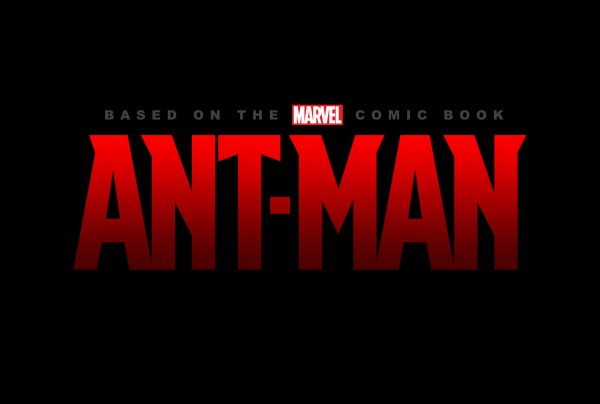A lot of people are going to remark on the scaled back nature of Ant-Man. The movie feels small and is aware of that. It’s purposefully reducing its stakes and scope in order to accommodate its shrinking protagonist, and that mostly works. What hinders Ant-Man isn’t its sense of smallness, but that it feels slight in its construction. For such a wacky concept, the movie feels incredibly by-the-numbers and lacking any real distinct flavor in regards to its presentation.
There’s hints of a more bizarre movie oozing through the cracks of the film, but they are all mostly downplayed by director Peyton Reed. The climactic journey to a subatomic microverse feels like it should reach new levels of comic book weirdness on film, but it amounts to nothing more than some fractal imagery and a short and uneventful stay in what is essentially another dimension. The majority of the shrinking segments, though expertly rendered by thankless CG artists, feel almost too grounded in an attempt to avoid alienating audiences. It doesn’t feel like the filmmakers took full advantage of their superhero’s ability (until the end, which I’ll get to).
It doesn’t help that the movie’s pacing is both slow-going and boringly familiar. Though this does help a lot with the characters, it makes the movie feel like it’s skittish about itself. Thankfully, the characters in this movie make up for its sluggishness. Paul Rudd is a natural leading man and his charm and softness work wonders for Scott Lang. Though Michael Douglas is mostly relegated to exposition, techno-babble, and basic mentoring, the times that he gets to give Hank Pym some depth work really well. Evangeline Lilly is underutilized as Pym’s daughter, Hope, but she her time is spent showing she can be as tough as any Avenger. And Corey Stoll very nearly steals the show as Darren Cross/Yellowjacket. Stoll is going full-on eeeevil in this and it’s a hoot. Between him and Ultron, it looks like Marvel might be starting to figure out how to handle their villains.
What surprised me the most about Ant-Man was the comedy element of the film. Not that I was surprised that it was a comedy, but how light and unremarkable most of the comedy was. Ant-Man certainly isn’t lacking in laughs, but there wasn’t a single joke or bit in the film that was worth an enormous response. Considering that Paul Rudd and Adam McKay have screenwriting credits, I was shocked that the movie wasn’t the funniest Marvel movie yet.
However, one arena where Ant-Man delivers is in the final act. For all of its faults, the showdown between Ant-Man and Yellowjacket is a blast. This is where the movie really takes advantage of its concept well, using shrinking (and enlarging) to both comedic and engaging effect. If the heist portion of the film was infused with the same energy and inventiveness, Ant-Man would have been a knockout.
It sounds like I really disliked Ant-Man, but I didn’t. It’s an ever-dreaded “okay.” There’s nothing offensively bad or poorly executed about the film. but it feels like its been sanitized in order to broaden its appeal. The idea of shrinking is a wildly fantastic one, and Ant-Man doesn’t embrace that goofiness as emphatically as it should.
Ant-Man is a minor Marvel movie (I’d be shocked if it gets a sequel) that does its job but leaves you wanting a lot more. It makes me anxious about Marvel dipping into its more out there characters like Doctor Strange. One of the reasons Guardians of the Galaxy worked was because the person at the helm, James Gunn, was able to balance his workman abilities with his innate craziness. If Marvel wants to play with riskier characters and worlds, they need to be willing to let some riskier visions into their cinematic universe. Ant-Man is proof of that.
If you like how stupid I am, follow me at my blog, on Twitter, and listen to my podcast.
